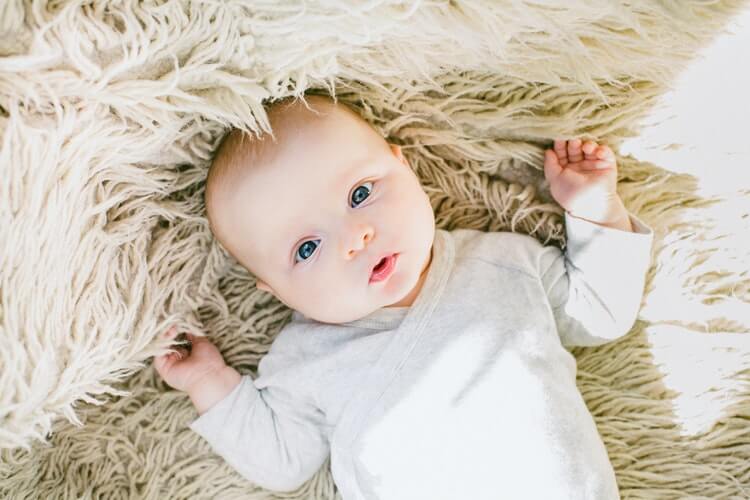
How Much Money You can Save by NOT having a Baby
Oct 25, 2018
We all know that kids can be expensive, but just how much cash are we really talking about here? According to the most recent Cost of a Child Report from Child Poverty Action Group, the basic costs of raising a child to the age of 18 is a whopping £75,436! For single-parent families, this prices raises to a budget-busting £102,627. Not to mention, this price doesn't even consider the price of routine childcare. If you don't have room in your budget for these new expenses right now, be sure to invest in Durex and visit Codes.co.uk for all of the insider tips that can save you money. Below, our savings experts break down all of the common expenses that you can expect to have when you welcome a new bundle of joy into the world.
![Expenses][img-1708]
One-Time Expenses vs. Ongoing Expenses
Unfortunately, one-time expenses are few-and-far-between when it comes to raising a baby. Even the most reliable of products will face wear-and-tear over time and will need to be replaced. However, one of the big one-time expenses that you can plan for is the actual trip to the hospital when the baby makes their first appearance. On average, it'll cost between £1800-£2700 to deliver a child depending on whether you decide to opt for a traditional birth or a C-section. Of course these prices will also fluctuate depending on whether you want to do a home birth.
Another one-time expense that you can expect is associated with all of the parties that are meant to celebrate your pregnancy. While these may be fun, they can sneak up on some expectant mothers and end up costing a lot. These parties include things like gender reveals and baby showers, which can cost a pretty penny if you're throwing a big celebration or inviting everyone from the office. Even with budget items these celebrations can range between £100-£400 when you consider food, transportation, decor, and entertainment.
In addition to these one-time expenses, things only get worse once the baby is born. From cots to prams to car seats, new parents can expect to shell out approximately £1600-£4700 within just the first few years of their baby's life. One reason that new parents end up spending so much is that they insist on getting the newest and very best products for their children. However, we recommend shopping for secondhand items when it comes to preparing for the baby, since shiny new items can take a toll on your budget. For example, the average cost of a new cot can be anywhere between £70 to £700 and the average cost of a pram ranges between £100 to over £2000. Even the cost of audio-only baby monitors start at £30 while video monitors start around £70 each. To avoid these purchases, we recommend secondhand shopping and seeking out hand-me-down items from family members and friends who might have these items on-hand.
If you think these prices are bad, just consider adding in the cost of recurring expenses that will be needed on a daily basis, including diapers, clothing, childcare, transportation, and food! One report from The Guardian claimed that, in just one year a new family can expect to spend £9,610 to feed, clothe, and educate their new child. Due to this, our experts recommend saving up some serious cash before you consider adding a new member to your family.
![Cut Costs][img-1709]
How to Cut Costs
If your heart is set on having a baby, there are a few ways to help ease the strain on your bank account. Many of the prices and figures above are based on newly purchased items that are at marked at full-price. Instead of shelling out a ton of cash, you can use the quick tips below to save your paycheck:
- Secondhand Shopping: As we mentioned before, there are so many baby products that don't need to be newly purchased in order to be effective and safe for your child to use. For example, toys, cots, and changing tables are all expensive items that can be found at low prices thanks to secondhand retailers.
- Sales: You may not have known this, but there are a lot of baby-related sales events that you should be keeping your eye on. Thanks to these events, you can find huge discounts on toiletries, diapers, and more from both drugstores and baby-specific shops.
- Online Vouchers: Be sure to check out online voucher suppliers like Codes.co.uk to find all of the voucher codes you'll need when shopping for your bundle of joy. While you're at it, you can even check out our extensive list of baby stores and sign up for the newsletter so you can stay informed about future sales.
- Re-sell: While saving money is great, getting money back can be even better! By taking advantage of reselling apps and websites, you can get some money back in your pocket while also clearing up space around the house. Once your kiddo has out-grown their crib, you can sell it for some extra cash! There are also social media groups that you can join to help connect with expectant parents who are looking to buy secondhand baby supplies.